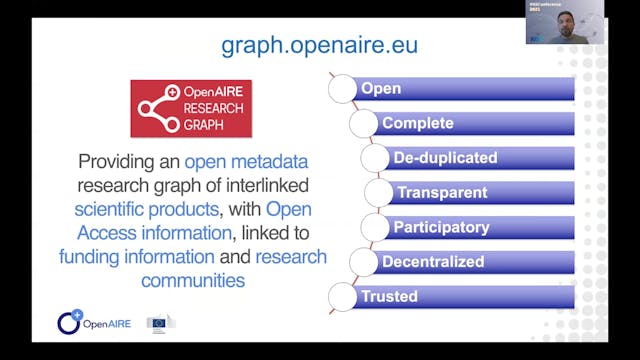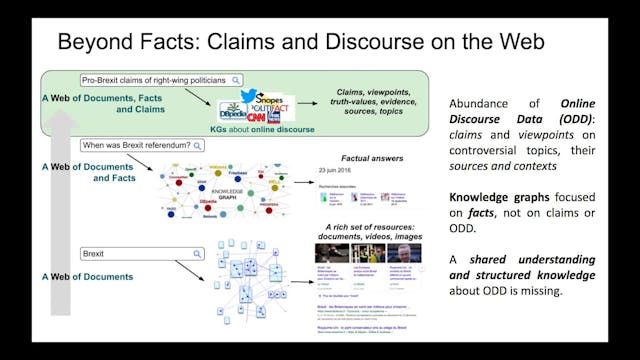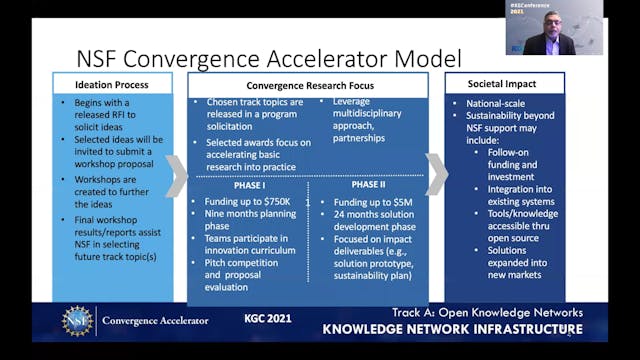Chris Welty | Shopping Sense: Bringing Common Sense To Worldwide Shopping
KGC 2021
•
21m
Knowledge Graphs (KGs) continue to penetrate the industrial world after Google's famous "things not strings" was used to explain their acquisition of FreeBase ten years ago. While many KGs exist, they are by and large little more than "entity catalogs", missing entirely the links between those entities. At Google, we recently launched a new enhancement to search that allows product queries, such as "Milk", "Celery" or "12 string guitar", to return local results - places on maps, nearby, that sell the product. The challenge to making this work is that 70% of stores worldwide - and 40% in the US - do not have a web page, Google's primary data source for search. To overcome this challenge and extend our understanding of small-medium sized brick&mortar shops, we used a unique combination of Knowledge Graphs, AI and Human Common Sense, that demonstrates both the promises and limitations of AI in solving practical business problems.
Presented by Chris Welty, a senior research scientist working at Google, provided a new algorithm that is being developed at Google that makes use of knowledge graphs to better tailor to customers search results. Chris shares with KGC the fruits of Google's labor presenting the ideas that were used to show that scalability of graphs and showing how it can be useful for customers is very important.
The way Chris shows what Google is using is through an example showing how users can enter a search and users can find local products of it even though the stores or locations don't even have online presence through "knowledge acquisition". #knowledgegraphs #knowledgegraphconference #knowledgegraphsearchengine #knowledgegraphgoogle
Up Next in KGC 2021
-
Paolo Manghi | The OpenAIRE Research ...
The presentation will introduce the motivations, architecture, and operation of the OpenAIRE Research Graph (http://graph.openaire.eu), one of the largest (if not the largest) public, open access, collections of metadata and semantic links (~1Bi) between research-related entities: articles (124M+...
-
Konstantin Todorov | Browsing The We...
How do falsehoods spread on the web? This and other questions related to the propagation of fake news and biased discourse in the public area have been drawing increasing interest in different communities from social sciences to artificial intelligence. Online discourse, i.e. claims and opinions ...
-
Chaitan Baru | Open Knowledge Network
The concept of an Open Knowledge Network (OKN) is one of the components of the National Science Foundation’s Harnessing the Data Revolution (HDR) Big Idea, with the objective of providing semantic information infrastructure. By encoding information and knowledge about real-world entities and thei...



